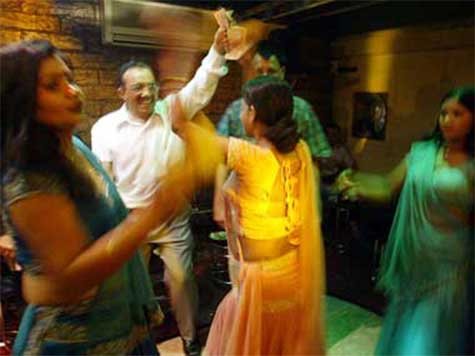SC's dance bar directive to cops is a step towards upholding the Right to Livelihood

Dworkin’s theory of rights supposes on the general claim that within a proper understanding of the nature of law, rights are more fundamental than rules. He calls them trumps, which means that if there is any right which comes into conflict with any policy, the right must prevail.
Set against the banning of dance bars by the Maharashtra Government ten years ago, the Supreme Court in a recent landmark verdict has directed the police to issue licenses to the dance bars from 15 March, 2016. The fundamental right to livelihood enshrined under the Indian Constitution has been reaffirmed by the Apex Court and in what appears to be a morality versus livelihood debate, livelihood has won, albeit temporarily, before another amendment to the age old Bombay Police Act, 1951 tries to make its way to taking away for the second time, this right of at least 75,000 women.
I will not attempt to dignify the morality argument or speak of the “reasoning” behind the Maharashtra Government’s policy position. In a patriarchal sexual economy, where a woman stands socially subordinated in her daily functioning, the right of a woman to take decisions for herself, her body, her desires and sexuality are controlled and influenced by society. The law as it stands today is not enabling but only preventive. However, the judiciary has successfully combated the prohibitionist attitude of the government to enable women in enhancing their agency and providing them with a valid choice.